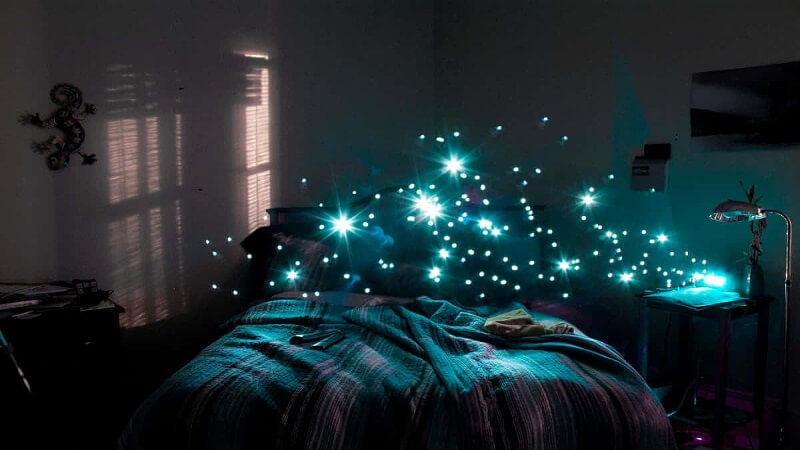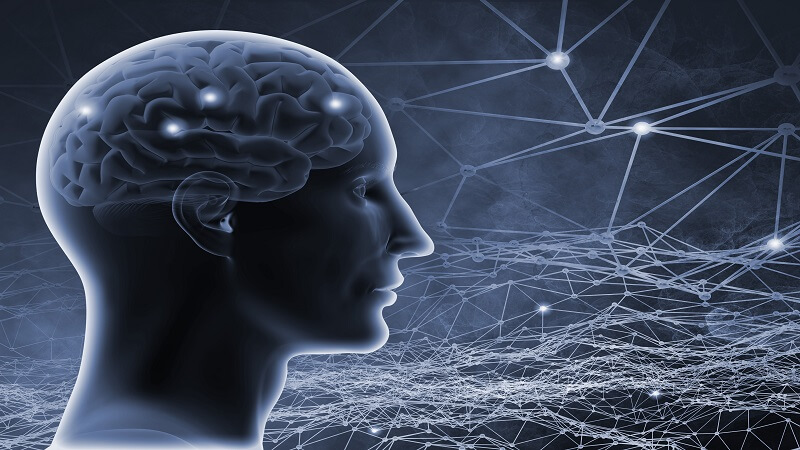6. Dream’s Location

Dreams are difficult to recall. If a dream ends before we wake up, we will not remember it. The processes that allow us to create long-term memories largely lie dormant while we sleep, which is why most dreams are forgotten shortly after waking. Sleep is divided into stages. Firstly, Stage I – Stage IV is considered as non-REM sleep and secondly, Stage V is REM sleep. The latter is where most dreams happen.
7. Bad Dreams

If you are always thinking about your vices, insecurities and things that you don’t have control over, then you end to dream along the same lines. Therefore, the feeling of fear, anger, and anxiety is more common in dreams than positive emotions.
8. Foreseeing Life-Altering Things

Dreams are based on thoughts, based on the knowledge they had and things they already knew, they dreamt up life-altering things and later invented them in real life. Some examples based on this are the periodic table, DNA’s double helix, the sewing machine, and the guillotine.
9. Spirit Molecule

Dimethyltryptamine often referred to as the “spirit molecule,” is a chemical substance that’s responsible for dreams. Some people like to take this drug during the daytime to experience as many dreams as possible. However, the consumption of this drug can cause near-death experiences and induce out-of-body feelings.
10. Blind People’s Dreams

People who are blind from birth have elevated levels of dreams. However, those who lost vision later in their lives dream normally. Their dreams are based on what they perceive of a world through what they hear, read or are told.
11. Forgetting Dreams

On average, people forget 50% of their dreams within five minutes of a dream ending, and after about 10 minutes, they forget 90% of it. Most people never remember the first dream they have at night.
There are many hidden meanings of dreams. Did you experience any of these situations? Share us in the comments.














